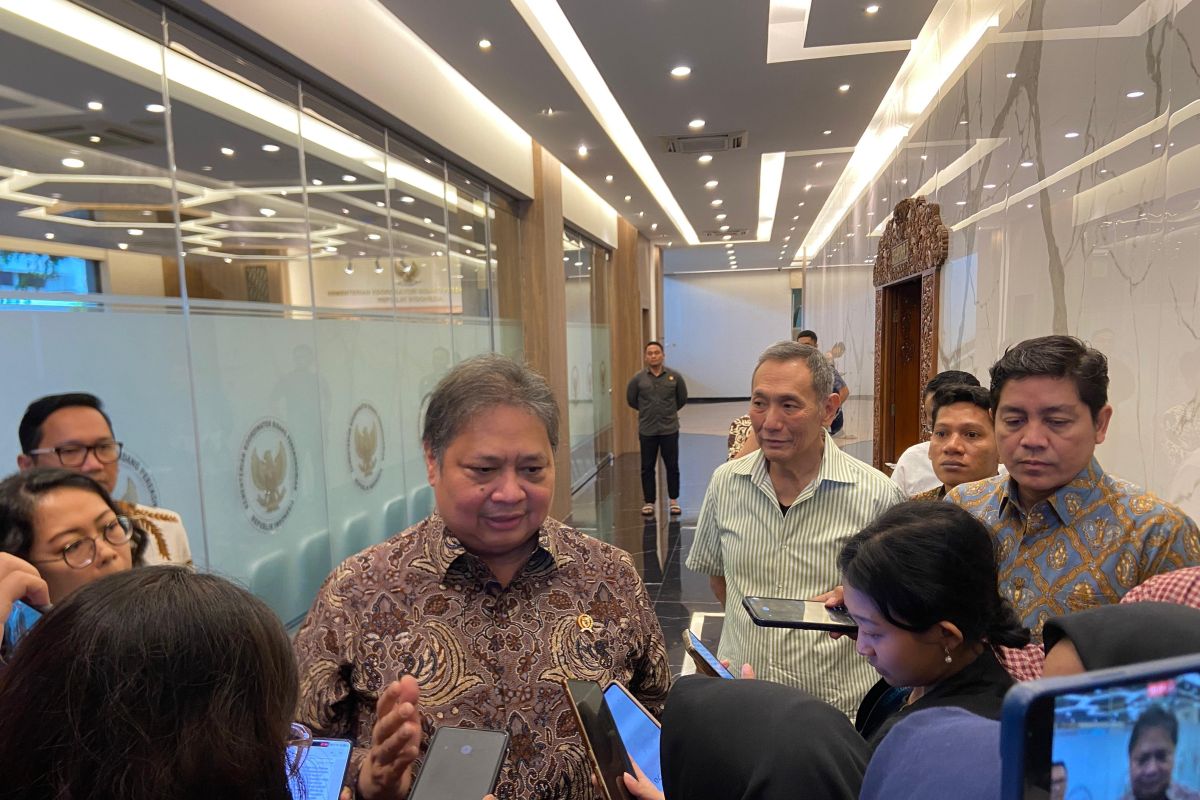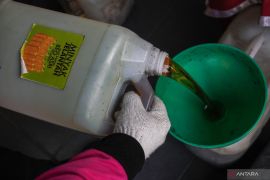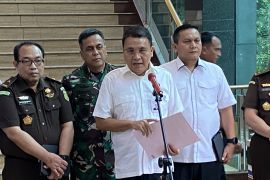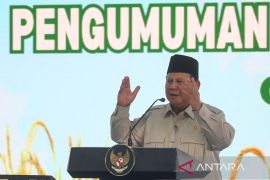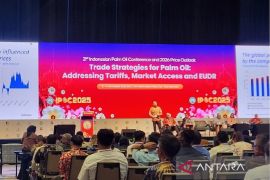“Yesterday, we won (the lawsuit) at the WTO for palm oil-based biofuel. The ruling proves that in the case of palm oil and biodiesel, Europe committed discrimination against Indonesia,” said Coordinating Minister for Economic Affairs Airlangga Hartarto in a statement issued on Friday.
He described Indonesia’s win at the WTO as the result of a long push for justice against the EU’s discriminatory practices.
Indonesia, the world’s largest palm oil producer, brought the case to the WTO dispute body in 2019 after the EU decided that palm oil-based diesel would not be considered a biofuel due to its link to deforestation and its use in transport fuel would be phased out between 2023 and 2030.
Last week, the WTO panel issued a report, stating that certain aspects of the implementation and design of the policy were inconsistent with the WTO rules.
“Now the world has no choice but to accept that biodiesel does not only come from rapeseed or soybean, but there are biodiesel that are based on crude palm oil,” Hartarto said.
The WTO panel report states that the EU failed to properly evaluate the data used to determine biofuels derived from high indirect land use changes (high ILUC) risk.
It also found shortcomings in the preparation and application of criteria and procedures for low ILUC-risk certification in the European bloc’s climate policy—the Renewable Energy Directive II (REDD II).
In addition, the panel ruled that the tax incentives for biofuel used in France’s transportation system are discriminatory to palm oil-based biofuel. The EU only provides tax incentives for soybean and rapeseed oil-based biofuel.
The ruling would be adopted by the WTO Dispute Settlement Body within the next 60 days unless the report is appealed.
If adopted, the report would become binding between Indonesia and the EU.
According to Hartarto, the recent ruling is expected to affect the EU’s anti-deforestation regulation or EUDR, which requires exporters to prove that their palm oil is deforestation-free before they can enter the European market.
The EU, however, has postponed EUDR implementation for large and medium companies till the end of this year. Micro and small enterprises have time until June 30, 2026.
He said that the postponement indicates the EU’s uncertainty.
The minister added that the WTO’s biofuel ruling could help Indonesia beef up its fight against the EUDR.
He emphasized that Indonesia will continue to oppose policies that are discriminatory and not pro-people, saying that smallholders account for over 41 percent of the palm oil plantations in the country.
The recent developments are also expected to help speed up Indonesia’s long-drawn trade pact negotiations with the EU (IEU-CEPA).
“With this win, I hope that the issues that have been haunting the IEU-CEPA negotiations can be rid of, and we can immediately wrap up the negotiations soon,” he added.
Related news: VP Amin seeks Greek support for Indonesian palm oil in Europe
Related news: Indonesia mulls diverting palm oil exports to Africa over EUDR
Translator: Bayu Saputra, Yashinta Difa
Editor: Rahmad Nasution
Copyright © ANTARA 2025
